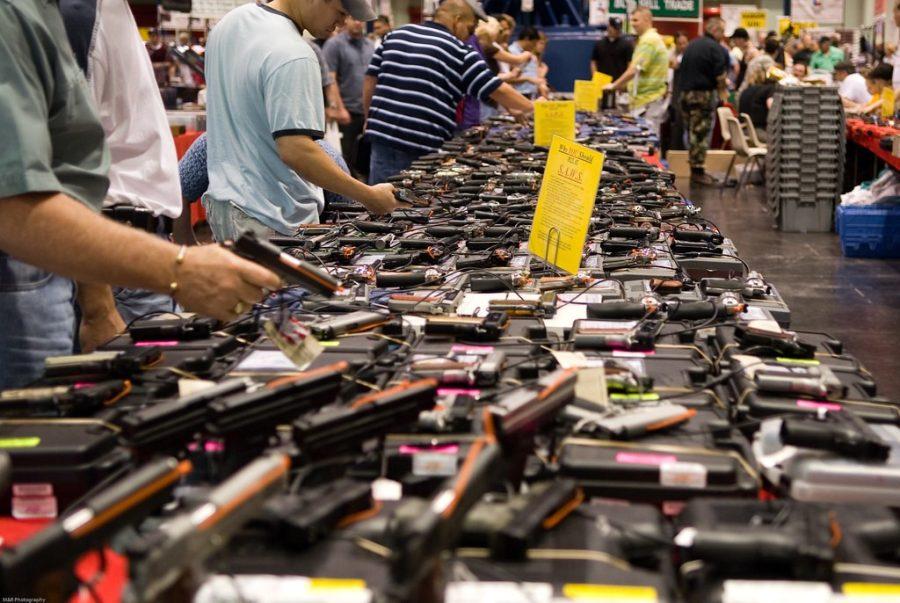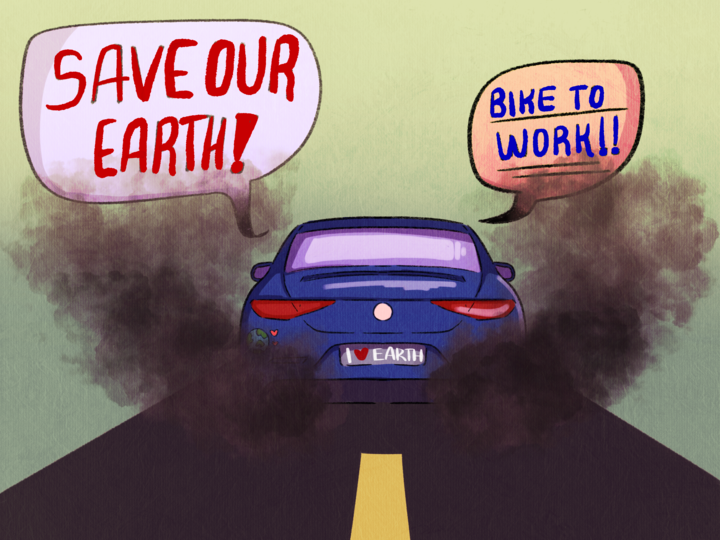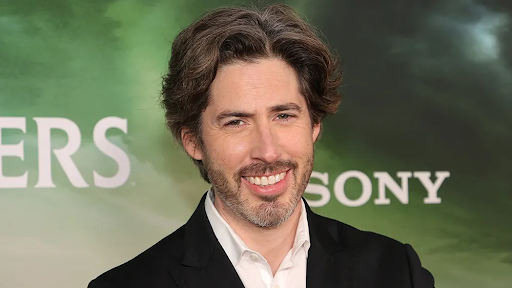The Arizona Senate Judiciary Committee approved S.B. 1123 on Jan. 20, which would allow anyone with a permit to possess concealed carry weapons anywhere on college campuses. The committee asserted that this would make the community and students on campus safer. This step taken by the Senate Judiciary Committee should concern all Arizona college students and community members alike, as it will only perpetuate an unsafe campus likely leading to more violence, homicides and suicides.
During a Senate Judiciary Meeting, Michael Thompson, the chief of police at Arizona State University since 2014, insisted that S.B. 1123 was not going to benefit college campuses at all.
“I’m here to tell you from first-hand experience that university students make very poor decisions on a daily basis, sometimes hourly basis,” Thompson said. “Adding guns to an already high-risk environment of alcohol, drugs, overreaction, lack of life experience and immaturity is a very dangerous combination.”
There are extensive risks involved with allowing students and community members to have guns on campus. The impacts of mental illness have affected several college students and is a significant issue within the age group of college students. Mayo Clinic Health Systems reported that 30% of college students relayed feeling depressed and half of college students relayed feeling severely anxious in the last year. Access to firearms increases the risk of suicide.
The availability of students to possess firearms on campus in the context of student mental health rates will lead to deadly outcomes. The connection between students’ mental health rates and access to firearms is clear, and we cannot allow weapons on campus due to the possibility of increased suicide rates.
RELATED: OPINION: The University of Arizona needs to stand in support of the Equal Rights Amendment
Community advocate for gun violence prevention, Ezri Tyler, also raises concerns about mental health and concealed carry on college campuses in Arizona, as she recognized that, “our communities do not have the support systems or education built out surrounding mental health.”
The high mortality-rate of firearms as a means of suicide needs to be of utmost concern to policy makers in making the decision to allow concealed carry weapons on campus. Taking into consideration the stresses of college and the lack of education built around mental health the odds of a student attempting to take their life is raised, especially with access to concealed weapons anywhere on campus.
Unintentional and intentional violence and worsened issues of sexual assault will only heighten if students are able to conceal carry weapons. Especially on campus, allowing concealed handguns would increase the danger of gun theft, accidental shootings and intentional shootings. With issues that are already on college campuses, the danger of gun violence will only enhance problems.
“For students, allowing concealed carry poses many dangers, but each of them already exists- adding a weapon to the equation only magnifies the existing issues,” Tyler reaffirmed.
As most college students know, college dorms are generally small. With access to weapons comes the responsibility of weapon storage. However, with very small communal living spaces, there is a risk of improper and unsafe storage and gun theft. College dorms are constantly filled with visitors and others from around campus and the likelihood that someone could gain unauthorized access to these firearms is likely.
Also, sexual and aggravated assaults could possibly become more violent with access to concealed carry anywhere on campus. With the whole student population being able to acquire firearms, there is an increased likelihood that armed victims of sexual violence will be much more vulnerable to attack and abuse.
The most important action students can take right now is to, “comment on the AZLegislature website, set up meetings with representatives, and reach out to the amazing Arizona organizations working to organize within the community,” Tyler conveyed.
If our college community truly wants to be free of violence, we need to realize that the issues of gun violence cannot be solved with more guns. It takes, “holistic, preemptive, and intersectional approaches,” Tyler stated. “Gun violence is the effect of systemic inequities and oppression and those issues, issues that are deep-rooted cannot be solved by just adding more violence.”
Follow Sophia Hammer on Twitter

Sophia is a freshman majoring in family studies & human development and global Studies. She loves to write on pieces concerning politics that affect the Tucson and UA community.










